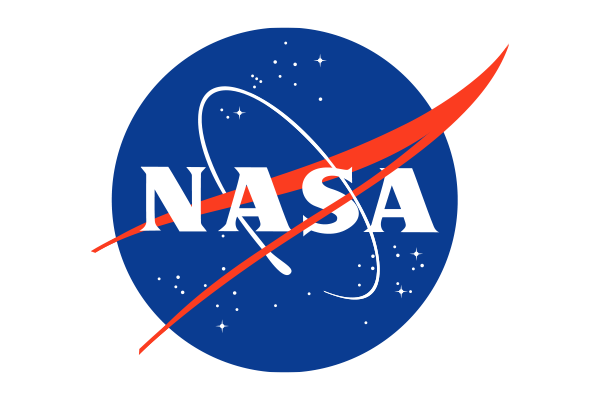Learning Ecosystems Northeast (LENE): All Systems Go
Announcements | Sep 27, 2022
LENE is a network of peer communities where educators in local regions join forces, committed to empowering the next generation of climate stewards.
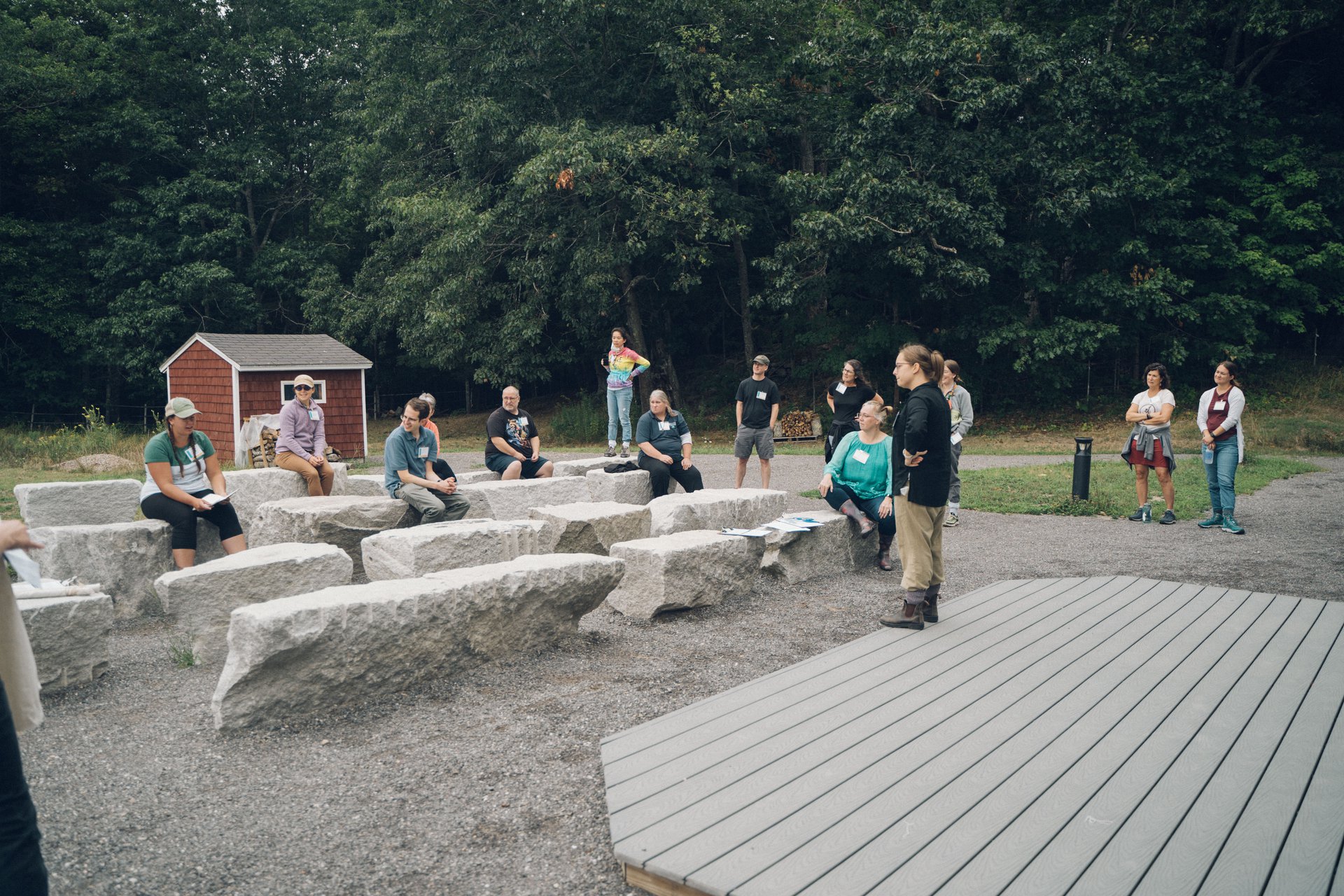
A deeply rooted program reaching new heights
GMRI has been fortunate to have nearly continuous funding for our education work since our founding in 2005. This support helped us build lasting relationships with educators across the state and – maybe more importantly – continuously evolve our programs with educator feedback. During this period, we’ve followed two major strands of thinking in our educational programming.
The first strand focuses on breaking down the walls between school and out-of-school learning experiences for youth. For many years, our education programs have made efforts to cross the boundary between formal and informal learning because classrooms and out-of-school spaces have different strengths, affordances, and constraints. By capitalizing on these differences, we can open new learning pathways for youth and multiply the entry points they have into STEM learning. For example, while one child really shines in the science classroom, another blossoms in the 4-H barn or the after-school robotics club.
The second strand focuses on our evolving support for educators. About a decade ago, we heard from teachers in Maine’s rural regions that we shouldn’t expect to reach them by hosting professional learning experiences in Portland. This put us in search of a sustainable model for supporting teachers where they live and teach. In 2016 we began to gather and support Regional Teacher Communities – peer communities of middle-grade classroom teachers with a desire to enhance and build on their work with authentic science investigations. Teachers from the region stepped up to be local Lead Educators, partnering with GMRI to design agendas, schedule meetings, and host meet-ups. Over time, these peer communities became a network including Washington County, Western Maine, Hancock County, Midcoast, and Aroostook and several have been meeting continuously since 2016.
Now, with recent support from NASA, we’ve merged these two strands of work together into one all encompassing program: Learning Ecosystems Northeast (LENE). LENE is a network of peer communities where educators in local regions join forces, committed to empowering the next generation of climate stewards. In addition, what were once regional communities of classroom teachers have evolved to include informal educators as well, in what we are now calling Connected Learning Ecosystems (CLEs), which are components of the overall LENE program.
Our goal through the LENE program is to help every learner find a path into STEM learning. Our vision is that everywhere youth go in their community – from the classroom, to the library, to parks, and after school clubs – they encounter caring adults who express interest in science and demonstrate the relevance of STEM skills for issues facing their communities. Thanks to long-term funding from NASA in support of relationship and community building, we can start making this vision a reality.
Leigh Peake Chief Education Officer
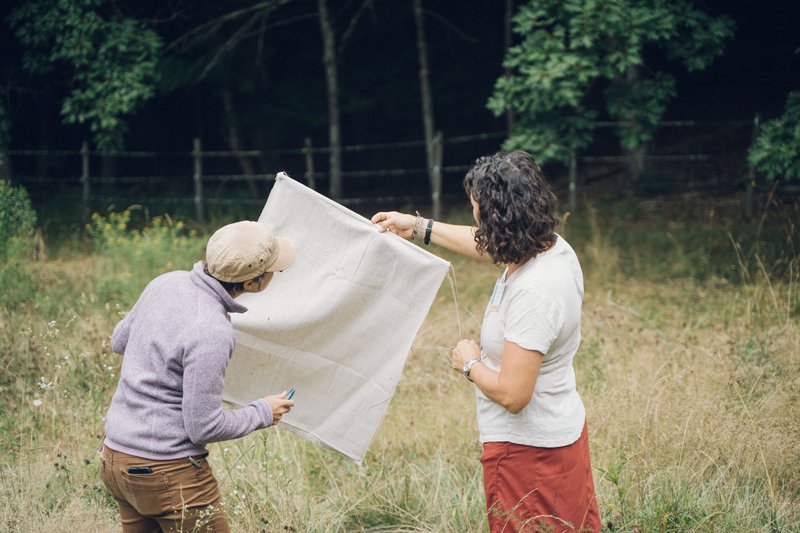
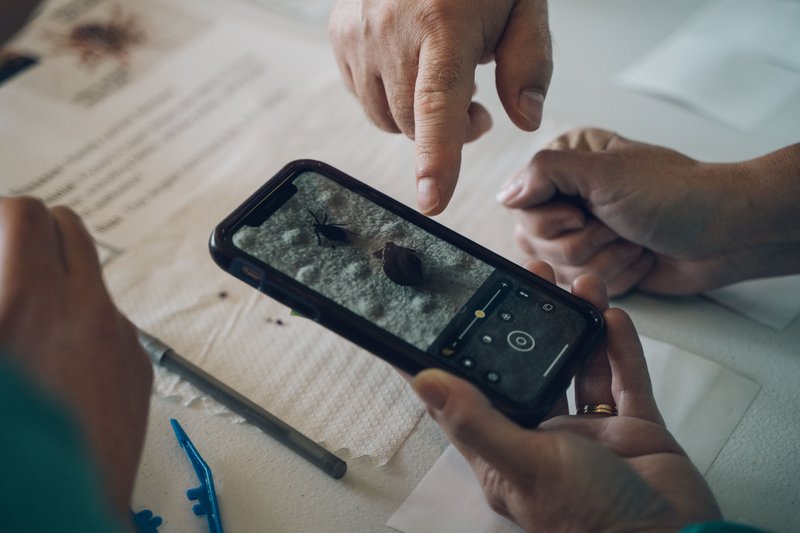
With existing strong networks of educators, expertise in climate and data literacy education, dedication to supporting educators and youth in becoming climate and data literate, and our amazing project partner team, our education team knew creating a program like LENE was the way forward.
We saw the value of the program earlier this August in our inaugural LENE Summer Spectacular event.
LENE 2022 Summer Spectacular
In late August, 69 informal educators, librarians, and classroom teachers from across Maine came together for a 3-day immersive professional learning retreat designed and hosted by our new LENE program. This retreat was a chance for CLE members to come together and build relationships, motivation, inspiration, and gain tools and knowledge as a community dedicated to engaging youth in many spaces and places around climate change education.
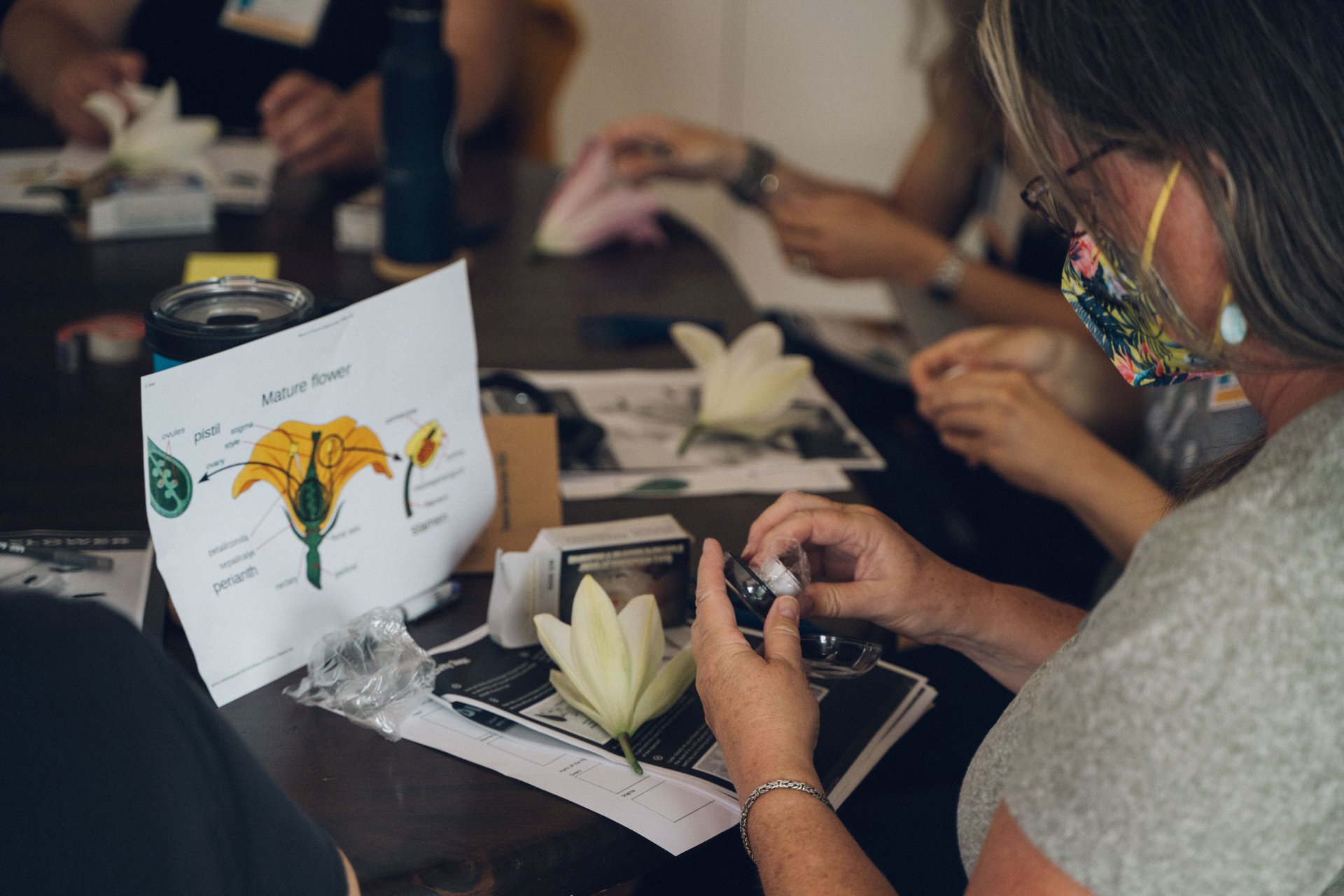
Over the course of the retreat, educators and learning experience designers participated in a variety of data-rich, climate-focused, connected learning experiences that span formal and informal spaces. Educators followed one of several immersive, hands-on tracks led by project partners and enjoyed presentations from NASA earth scientist Wayne Esaias and GMRI Climate Center Director Dr. Dave Reidmiller. Day three featured a special presentation from John Neptune and Tish Carr from Wabanaki Youth in Science on including Indigenous knowledge to enhance learning for Native and non-native students.
The retreat separately convened a smaller cohort of lead educators from the CLEs with a focus on leadership development. Together project partners and eight lead educators discussed a collective vision of NASA-powered connected learning. This focus on leadership weaved its way throughout the rest of the retreat, with each lead educator stepping further into their roles by welcoming new members, guiding discussions, forging connections and mapping out next moves for growth and collaboration.
One goal of the LENE spectacular was for participants to leave feeling inspired, with more knowledge, a clearer understanding of the vision and goals of LENE, and resources and ideas they could immediately apply in their learning contexts. Based on the feedback we received, people left with all they came for and then some.
The LENE spectacular is also about providing space for educators looking to connect with each other.
This work is about more than providing educators with resources, tools, and curriculum. Another goal of the program is to build community and forge long-term, meaningful relationships — relationships and support that pave the way for sustainable, strong, and constructive connections over time.
Molly Auclair Senior Specialist, Connected Learning Ecosystem
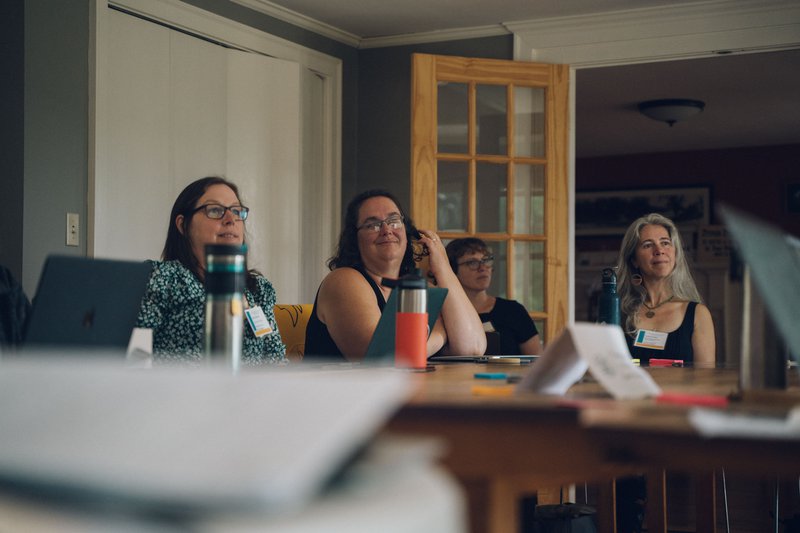
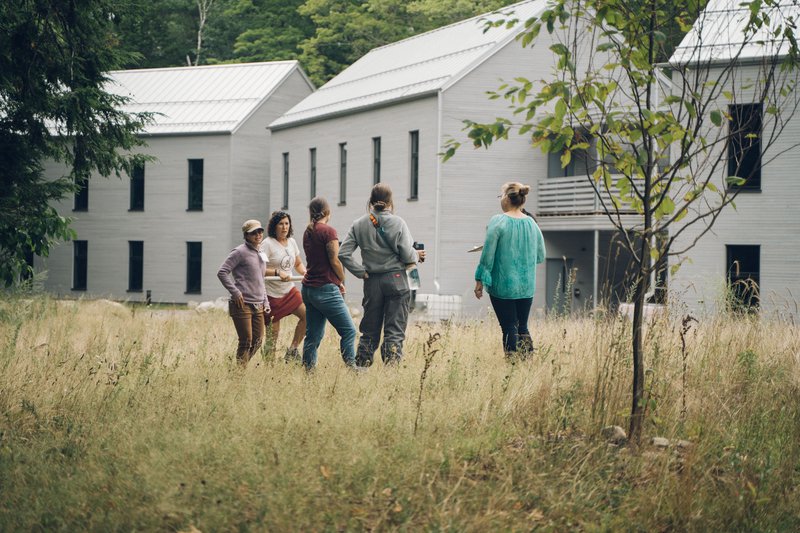
"I loved getting to know my CLE better! And it is heartening to know there are so many educators in the state doing this important work.
LENE 2022 Summer Spectacular Participant
With these strong relationships and active connections, we are building comfort and capacity within each CLE region so that sharing of ideas and opportunities for collaboration can flow more easily amongst educators and learning experience designers in many different learning contexts.
When our educators are prepared, supported, engaged, and inspired, we know the youth they all serve will be as well.
Program Sponsor
Learning Ecosystems Northeast is generously supported by funding from NASA through Cooperative Agreement NNX16AB94A.
Read More
-
![Oceans of Possibilities]()
Oceans of Possibilities
Experts from across GMRI are providing the Maine State Library system with resources and opportunities to support the 2022 summer reading theme: Oceans of Possibilities.
Tidings
-
![The Value of Community Science]()
The Value of Community Science
We learn from experts about community science — scientific research and monitoring driven and controlled by local communities — and what makes it such an …
Perspectives
-
![Findings from the Field Symposium]()
Findings from the Field Symposium
In February 2021, we hosted a virtual Findings from the Field Research Symposium for middle school scientists, who shared their work with each other and …
Tidings
-
![Students Return to LabVenture]()
Students Return to LabVenture
LabVenture Program Manager Meredyth Sullivan shares our plan to welcome students back for in-person LabVenture.
Tidings
